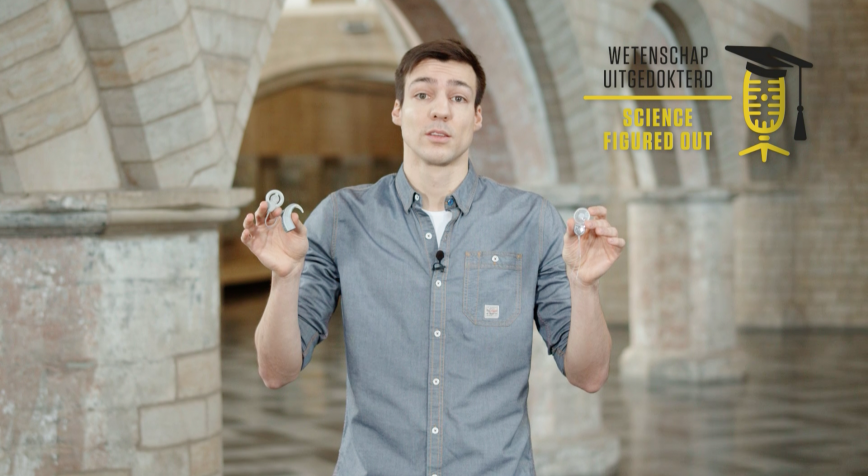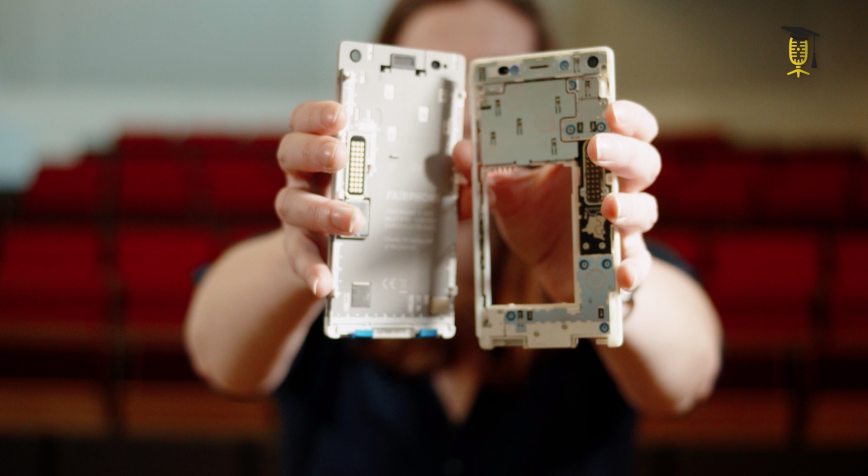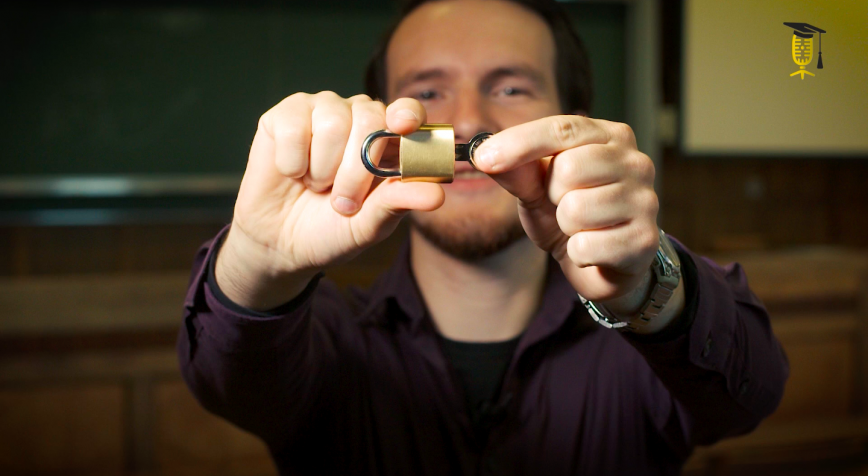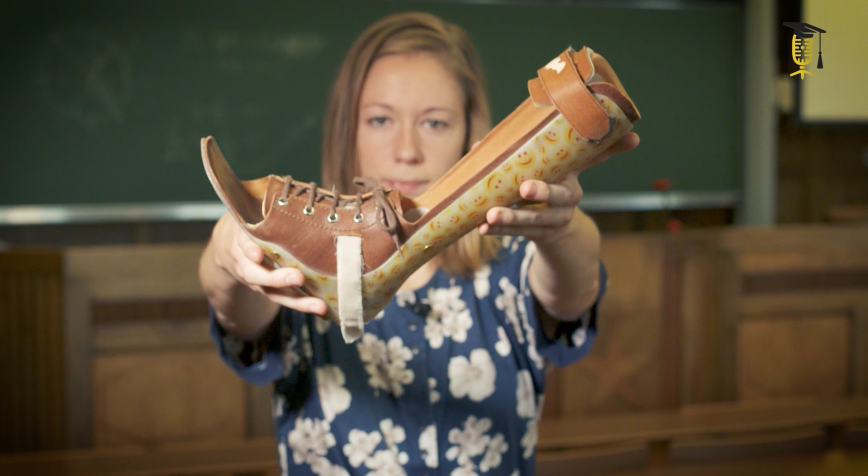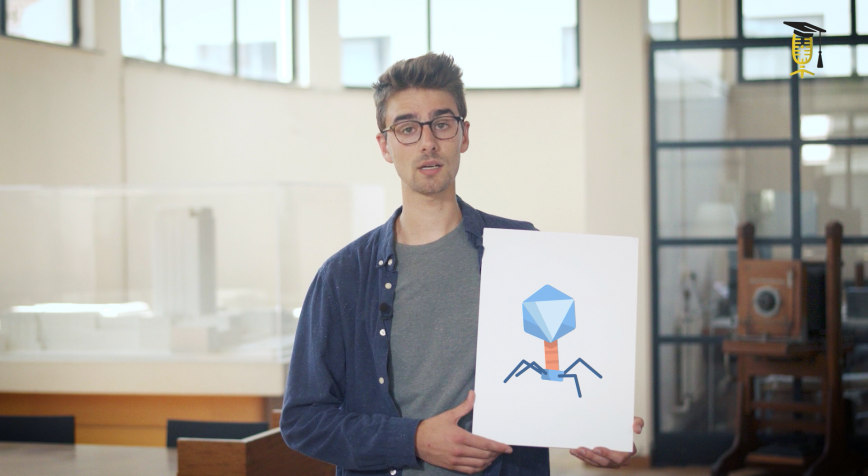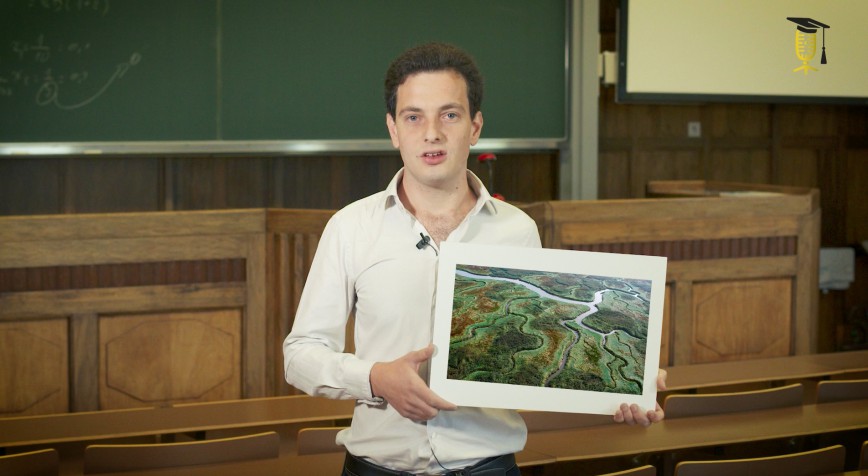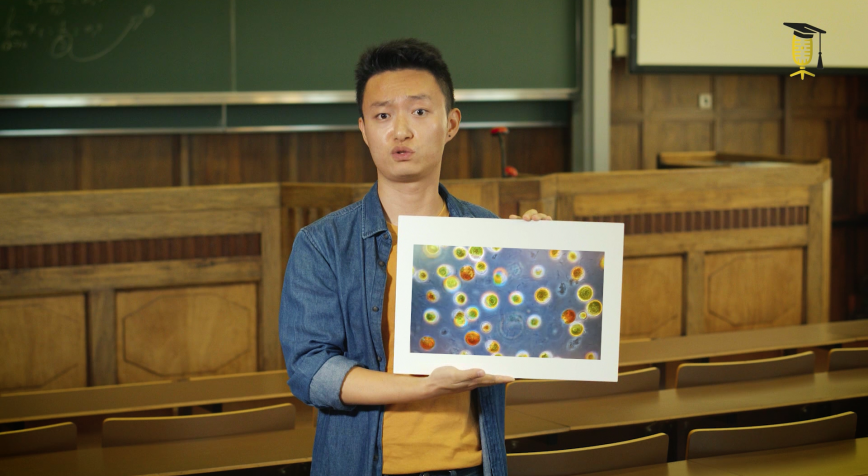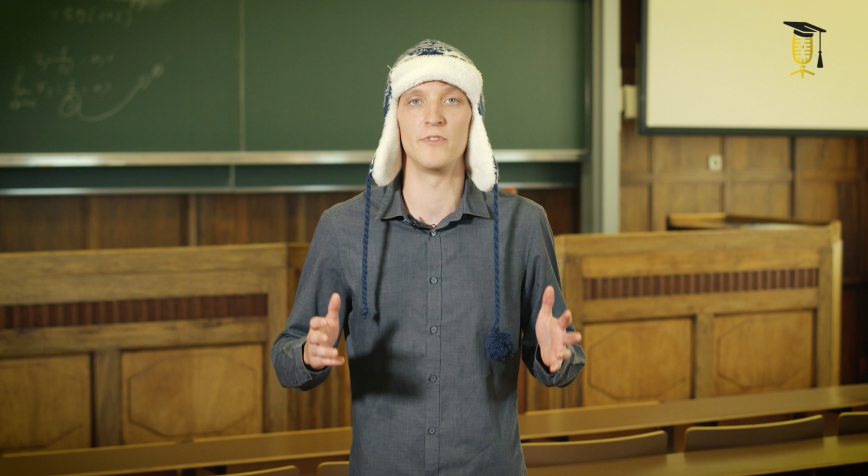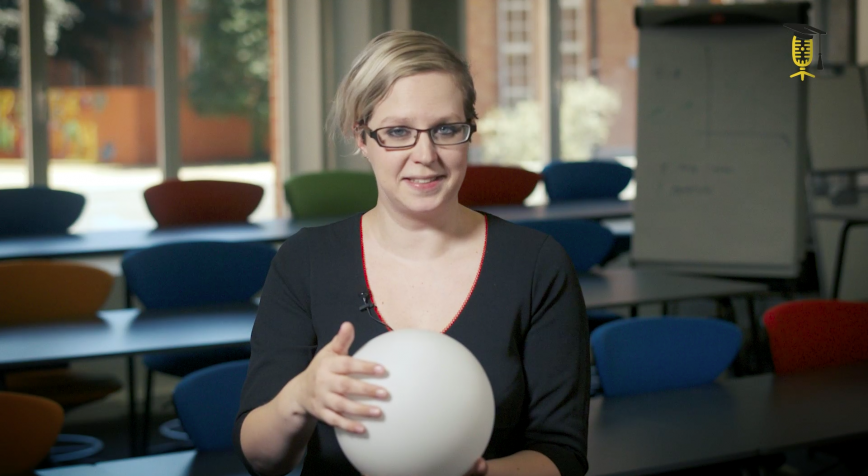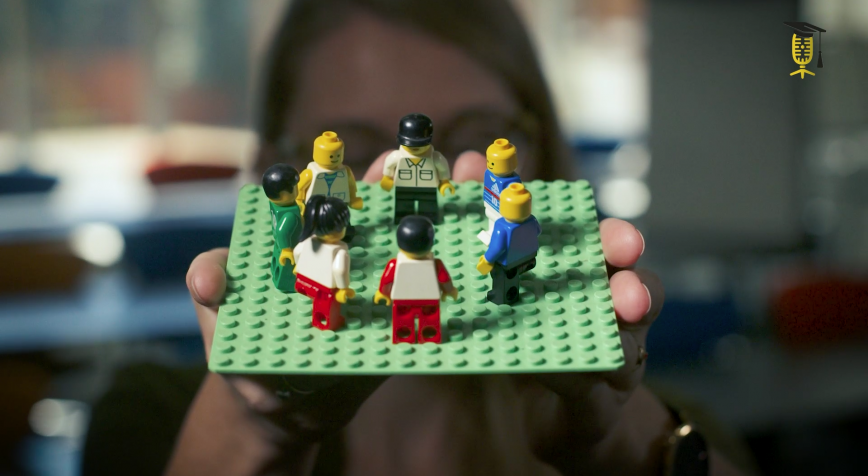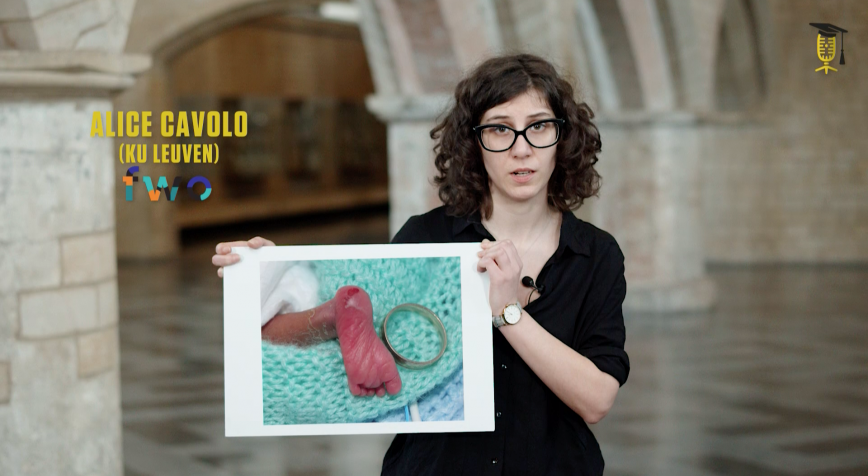
FWO
KU Leuven
How far can we go to save extremely premature babies?
Extremely premature babies often need to be resuscitated at birth. While this might help them to survive, they will sometimes live on with severe disabilities. Is resuscitation therefore always in the best interest of the babies? Alice Cavolo wants to help parents and physicians in making this extremely difficult decision.
